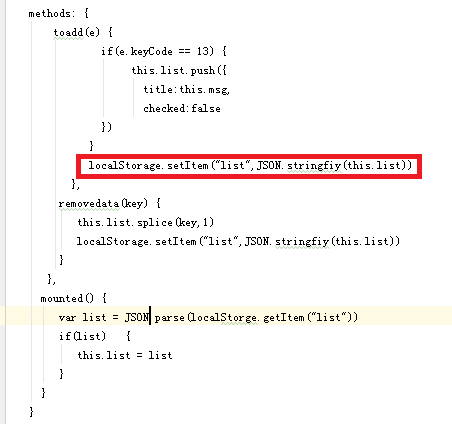可以将文章内容翻译成中文,广告屏蔽插件可能会导致该功能失效(如失效,请关闭广告屏蔽插件后再试):
问题:
To those who want to reply that I should use SSH keys please abstain
I\'m trying to use expect in an bash script to provide the SSH password. Providing the password works but I don\'t end up in the SSH session as I should, it goes back strait to bash.
My script:
#!/bin/bash
read -s PWD
/usr/bin/expect <<EOD
spawn ssh -oStrictHostKeyChecking=no -oCheckHostIP=no usr@$myhost.example.com\'
expect \"password\"
send \"$PWD\\n\"
EOD
echo \"you\'re out\"
The output of my script:
spawn ssh -oStrictHostKeyChecking=no -oCheckHostIP=no usr@$myhost.example.com
usr@$myhost.example.com\'s password: you\'re out
I would like to have my SSH session and only when I exit it to go back to my bash script.
The reason why I am using bash before expect is because I have use a menu I can choose which unit to connect to.
Thanks
回答1:
Mixing bash and expect is not a good way to achieve the desired effect. I\'d try to use only Expect:
#!/usr/bin/expect
eval spawn ssh -oStrictHostKeyChecking=no -oCheckHostIP=no usr@$myhost.example.com
#use correct prompt
set prompt \":|#|\\\\\\$\"
interact -o -nobuffer -re $prompt return
send \"my_password\\r\"
interact -o -nobuffer -re $prompt return
send \"my_command1\\r\"
interact -o -nobuffer -re $prompt return
send \"my_command2\\r\"
interact
Sample solution for bash could be:
#!/bin/bash
/usr/bin/expect -c \'expect \"\\n\" { eval spawn ssh -oStrictHostKeyChecking=no -oCheckHostIP=no usr@$myhost.example.com; interact }\'
This will wait for enter and than return (for a moment) interactive session.
回答2:
The easiest way is to use sshpass. This is available in Ubuntu/Debian repos and you don\'t have to deal with integrating expect with bash.
An example:
sshpass -p<password> ssh <arguments>
sshpass -ptest1324 ssh user@192.168.1.200 ls -l /tmp
The above command can be easily integrated with a bash script.
Note: Please read Security Considerations section in man sshpass for full understanding of security implications.
回答3:
Add the \'interact\' expect command just before your EOD:
#!/bin/bash
read -s PWD
/usr/bin/expect <<EOD
spawn ssh -oStrictHostKeyChecking=no -oCheckHostIP=no usr@$myhost.example.com\'
expect \"password\"
send \"$PWD\\n\"
interact
EOD
echo \"you\'re out\"
This should let you interact with the remote machine until you logout. Then you\'ll be back in bash.
回答4:
After looking for an answer for the question for months, I finally find a really best solution: writing a simple script.
#!/usr/bin/expect
set timeout 20
set cmd [lrange $argv 1 end]
set password [lindex $argv 0]
eval spawn $cmd
expect \"assword:\"
send \"$password\\r\";
interact
Put it to /usr/bin/exp, then you can use:
exp <password> ssh <anything>exp <password> scp <anysrc> <anydst>
Done!
回答5:
Use the helper tool fd0ssh (from hxtools, not pmt), it works without having to expect a particular prompt from the ssh program.
回答6:
Also make sure to use
send -- \"$PWD\\r\"
instead, as passwords starting with a dash (-) will fail otherwise.
The above wont interpret a string starting with a dash as an option to the send command.
回答7:
A simple expect script
Remotelogin.exp
#!/usr/bin/expect
set user [lindex $argv 1]
set ip [lindex $argv 0]
set password [lindex $argv 2]
spawn ssh $user@$ip
expect \"password\"
send \"$password\\r\"
interact
Example:
./Remotelogin.exp <ip> <user name> <password>
回答8:
Another way that I found useful to use a small expect script from a bash script is as follows.
...
bash-script start
bash-commands
...
expect - <<EOF
spawn your-command-here
expect \"some-pattern\"
send \"some-command\"
...
...
EOF
...
more bash commands
...
This works because ...If the string \"-\" is supplied as a filename, standard input is read instead...


